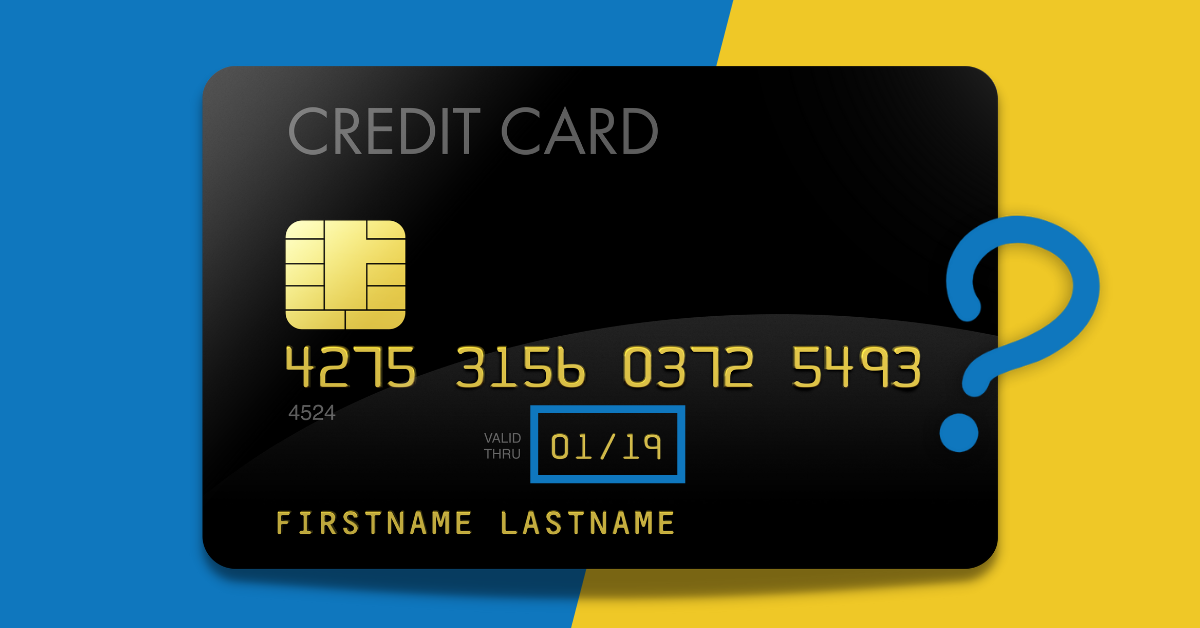Frequently, paying a credit card’s annual fee is not worth it. Many cards available today have no annual fee, and those that do have a fee only offer a few benefits that customers can’t obtain elsewhere for free. But sometimes a card comes with perks that really make the annual fee worthwhile. Here are four situations, based on your spending patterns and travel habits, where the cost might be justified.

A secured card with an annual fee might come with the terms you want
There are several no-fee credit cards available if you have poor or no credit. Occasionally, though, if you’re willing to pay an annual fee, you can get the feature you desire. (Under these circumstances, the charge lessens the issuer’s risk in providing these features.) Just keep in mind that the annual fee and the first security deposit can add up to a significant upfront expense, so plan appropriately.
Here are some options:
If you don’t have a bank account: You can apply for the $35 annual fee OpenSky® Secured Visa® Credit Card without having a bank account. Similar to other secured cards, your credit limit is determined by the cash deposit you make. You can pay for the deposit with a check, debit card, money order, or Western Union when using the OpenSky® Secured Visa® Credit Card.
If you would rather have a lower interest rate: Many secured credit cards have high annual percentage rates; however, the First Progress Platinum Prestige Mastercard® Secured Credit Card has an annual fee of $49, which sets it apart. The ongoing APR is 15. 24% Variable.

Rewards credit cards with annual fees can offer more benefits
Numerous credit cards with rewards are loaded with benefits, such as substantial cash-back rates and travel rewards that enable the purchase of significantly reduced trips. However, there is an annual charge for all of those statement credits, hangouts in airport lounges, and hotel room upgrades.
The following credit card examples have rewards that could offset the annual fee:
Regarding cash back: American Express’s Blue Cash Preferred® Card has an introductory annual fee of $0 for the first year, after which it costs $95. This card may prove to be highly advantageous even with its high cost if a significant portion of your monthly income is allocated to groceries, streaming services, and transportation expenses. First, there’s a welcome offer: within the first six months of opening your new card, spend $3,000 in purchases to receive a $250 statement credit. Terms Apply. From there, you’ll earn 6% cash back at U. S. Supermarkets on up to $6,000 annually in spending (then 20%1), with 6% cash back on select purchases S. streaming services, 3% cash back on transit and at U. S. gas stations, and 1% on everything else (terms and conditions apply; see rates and fees).
Regarding travel: The astounding $550 annual fee of the Chase Sapphire Reserve® is offset by a plethora of benefits that can help lower the cost. After spending $4,000 on purchases within the first three months of opening your account, you will receive 60,000 bonus points. When you use Chase Ultimate Rewards® to redeem it, you can get $900 toward travel. In addition to a $300 annual statement credit that can be used for travel expenses, you will also receive a credit worth $78 to cover the cost of the NEXUS, TSA Precheck, or Global Entry application fee every four years. Include the points you receive for spending and the knowledge that they are worth 20%50% more when redeemed for travel through Chase Ultimate Rewards (C2%AE). Additionally, you have made great strides toward reducing that annual fee.
It is much simpler to justify impulsive purchases when there is the possibility of earning rewards for each purchase. This is obviously a win for credit card issuers. However, if you carefully consider your options and stay within your means, the sign-up bonuses, ongoing rewards, and other worthwhile extras can more than make up for the annual fee.
Is paying an annual fee right for you?
An annual fee doesn’t have to be a deal breaker for a number of reasons. Your spending patterns and way of life will ultimately determine which kind of card—one with a fee or one without—you select.
The amount you charge to your credit card each year should be one thing to think about. Since each card is unique, you’ll need to do the math to determine whether your spending is high enough to justify paying an annual fee. Don’t forget to factor in the sign-up bonus offered by the card in addition to the rewards you will receive for your purchases. Additionally, think about the value of the other benefits the card offers, like travel credits.
Furthermore, consider carefully if you’ll really utilize the rewards that the fee-based card offers. If not, there’s nothing wrong with obtaining a card with a high rewards rate and no annual fee.
To view rates and fees of the Blue Cash Preferred® Card from American Express, see this page.
Find the right credit card for you.
The best credit cards available allow you to do both—earn more rewards and pay less interest. Simply provide your answers to a few questions, and we’ll focus your search.

FAQ
What is the point of an annual fee on a credit card?
An annual fee is a one-time payment that certain credit card companies require you to make each year. These costs, which can be as high as $500. These fees are frequently compensated for with benefits like airline miles, points, or cash-back opportunities. Additionally, certain cards waive the annual fee during the first year.
Can you get rid of an annual fee on a credit card?
See if your issuer will waive or lower the fee by giving them a call. Take into account applying for a credit card without an annual fee or switching to a less expensive product from your issuer. You can cancel your card as a last resort, but you should research this option first as it may negatively impact your credit score.
Is it good to get a credit card with no annual fee?
With the competitive rewards programs and perks that many of these cards provide, you can still take advantage of credit card benefits without worrying about additional costs. However, if money isn’t an issue, a no-annual-fee card can be a great addition to your wallet that will help you make the most out of your rewards program.
Do you have to pay annual fee on credit card if you don t use it?
You won’t probably have to worry about any annual fees if you haven’t used the credit card at all. To be sure, it’s crucial to review the terms and conditions of the credit card in question as certain credit cards impose annual fees even when they are not used.
Read More :
https://www.nerdwallet.com/article/credit-cards/credit-cards-charge-annual-fee-why
https://www.investopedia.com/financial-edge/0711/credit-cards-should-you-ever-pay-an-annual-fee.aspx